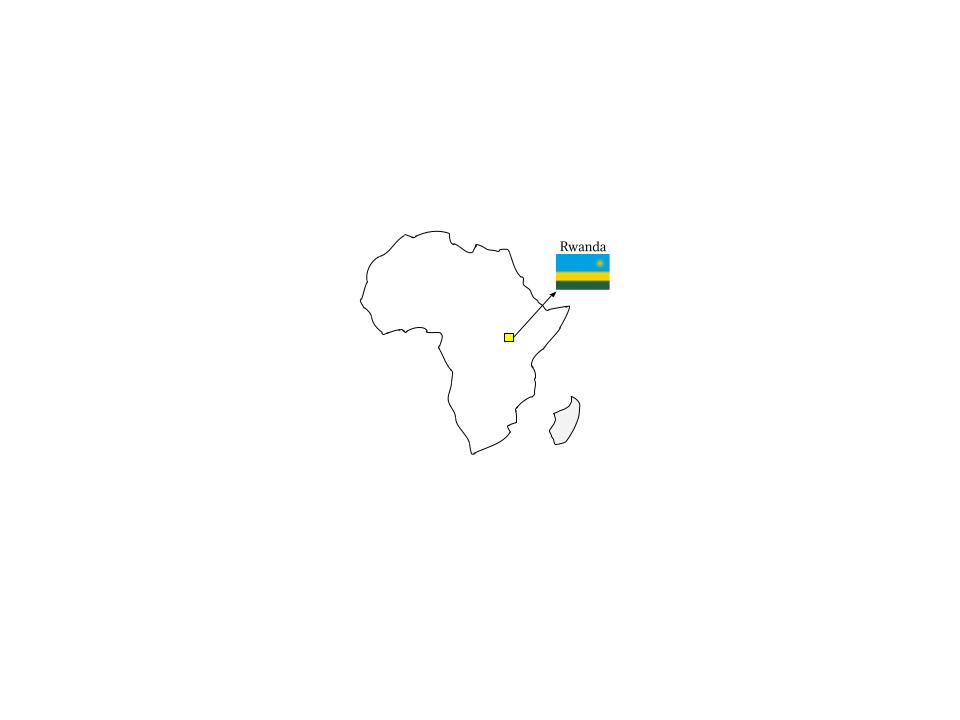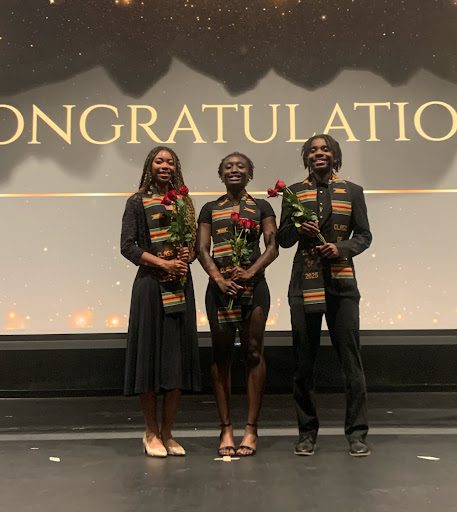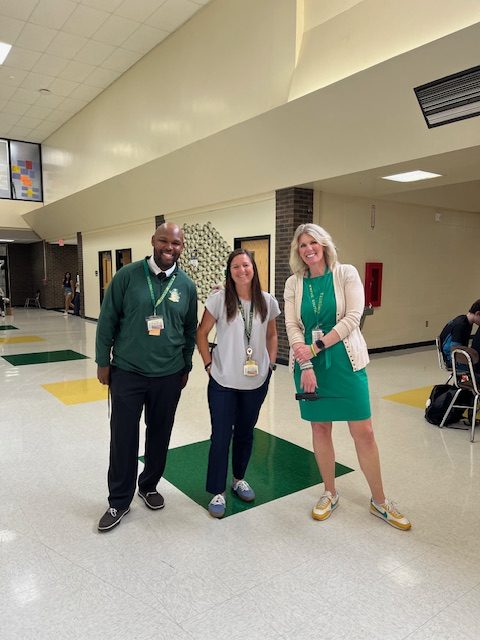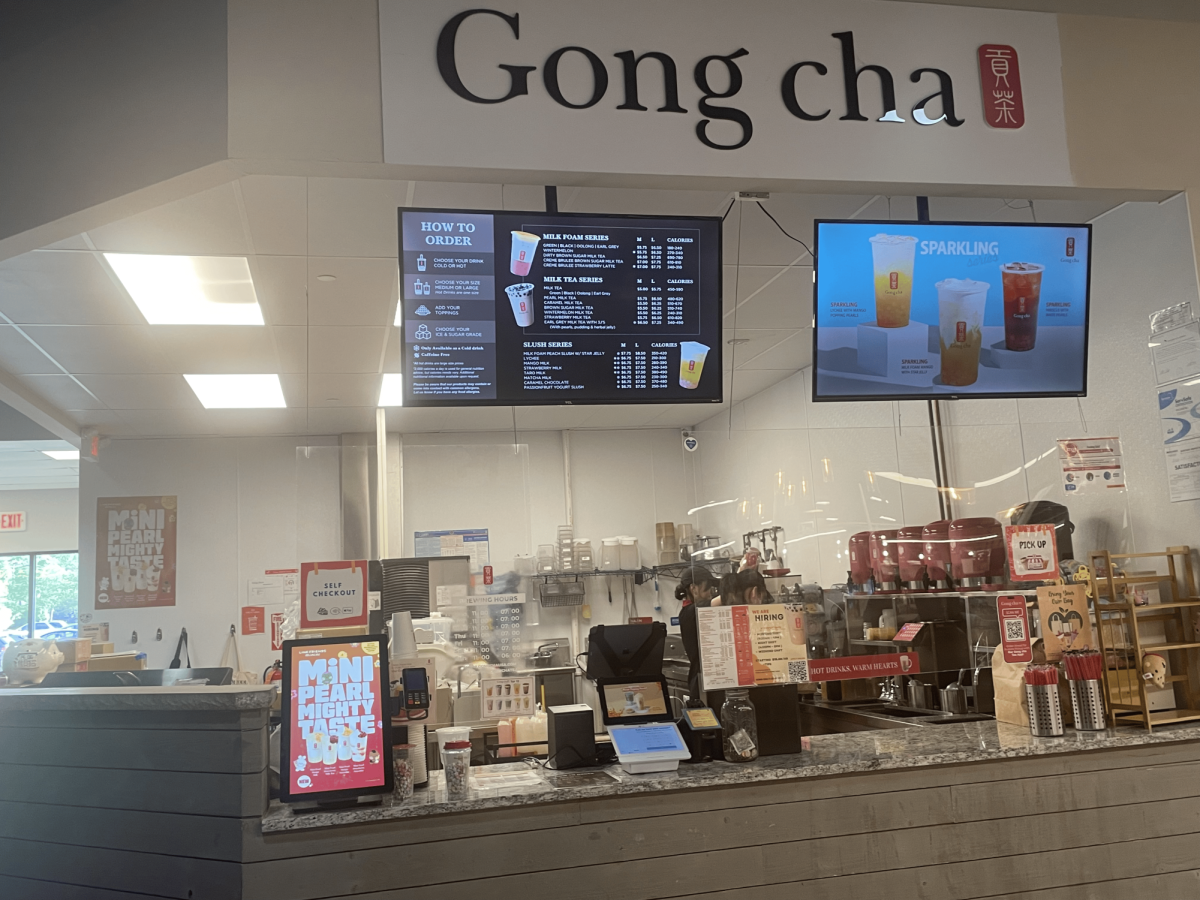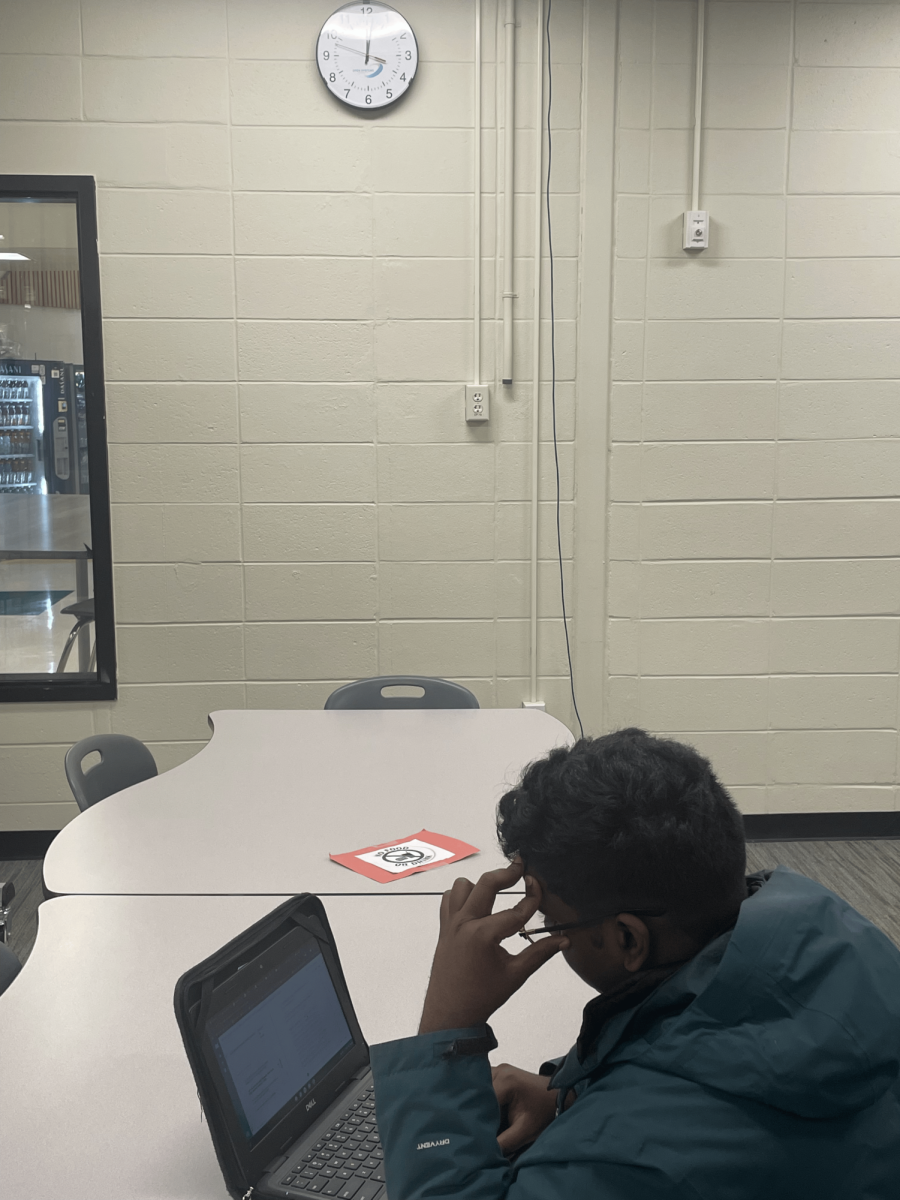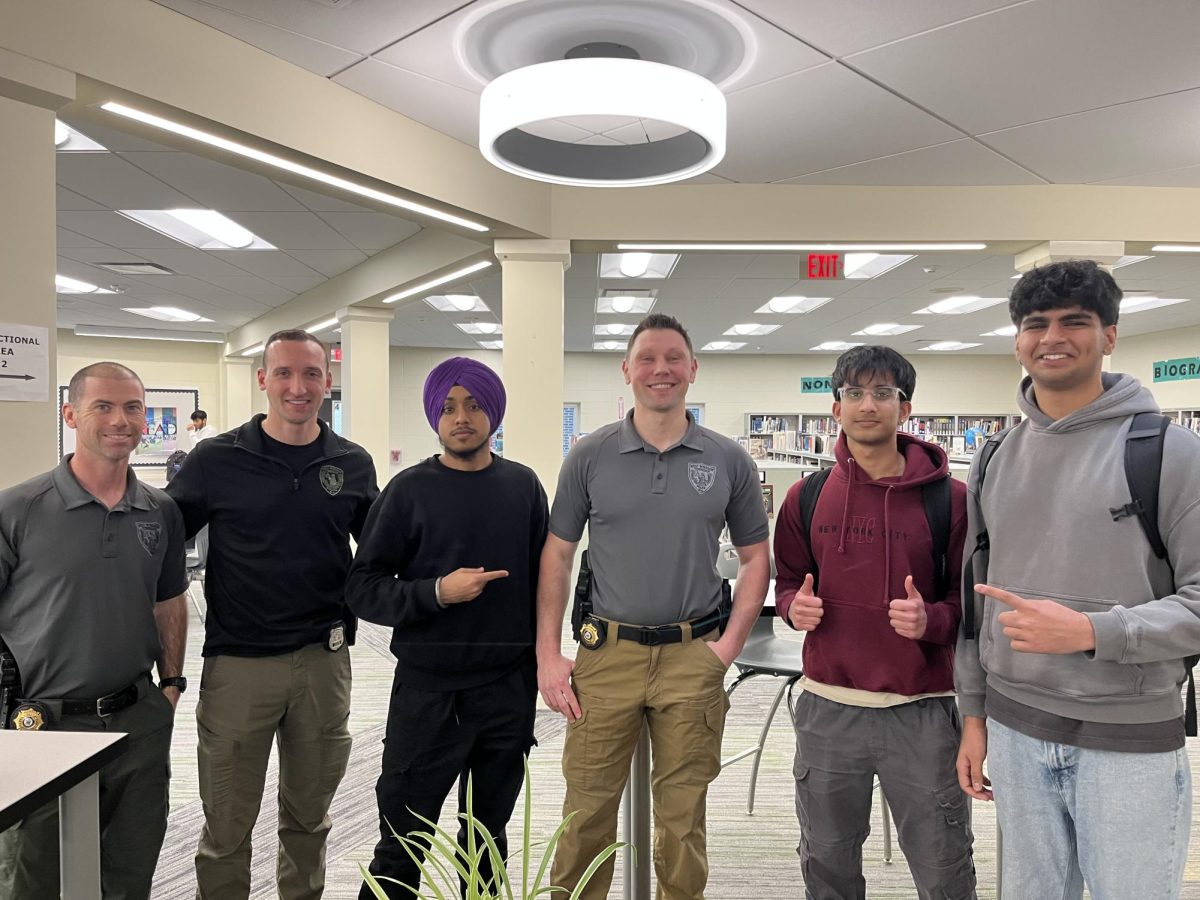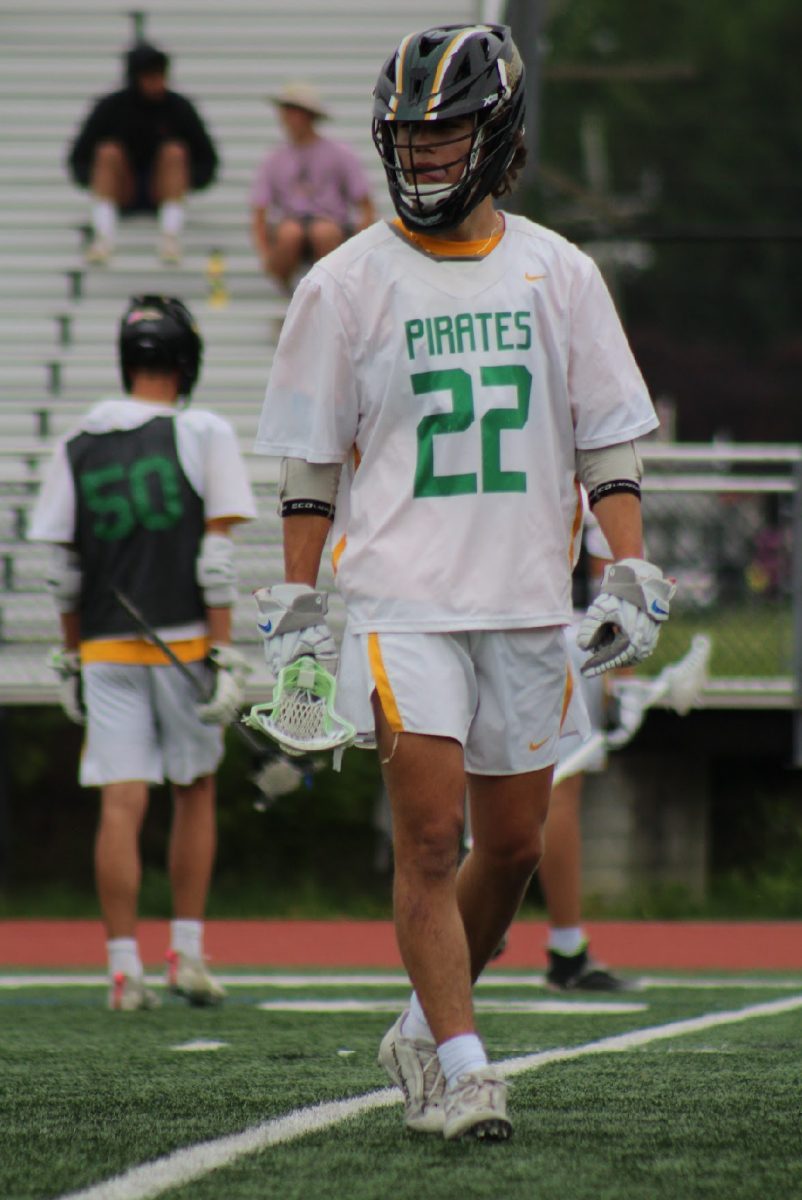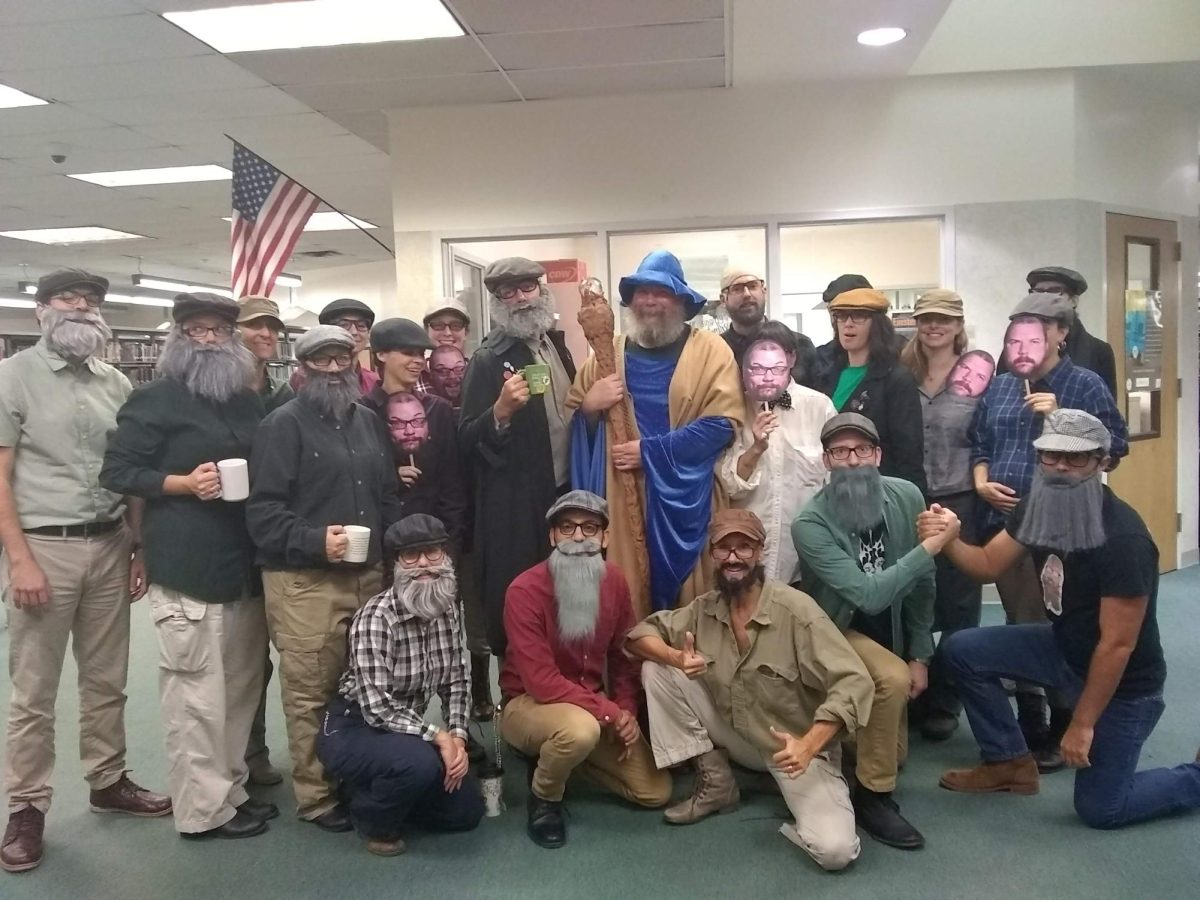On April 29, 2025, the freshmen had the unique opportunity to learn about the Tutsi genocide
from Mr. Maurice Kwizerimana, a survivor of the tragedy, in presentation in the media center.
Often misnamed as the Rwandan Genocide, this period of violence in the history of Rwanda is formally recognized by the United Nations as the Genocide against the Tutsi. It was a 100-day long genocide between 6th April and 4th July 1994 against the Tutsi community.
Mr. Kwizerimana is a dedicated guide at the Kigali Genocide Memorial, located in the capital of Rwanda, a memorial dedicated to preserving the memory and experience of the Genocide against the Tutsi.
During his virtual presentation, Mr. Kwizerimana explained that the divisions between the Hutu and the Tutsi ethnic groups of Rwanda that led to the genocide weren’t as harsh before the start of Belgian involvement in the administrative and ethnic affairs of the country. During World War 1, Rwanda, previously known as the region of Ruanda-Urundi, was assigned to Belgium by the League of Nations and was indirectly ruled by the Belgian government while the Tutsi kings enforced their administration. The divisions between the Hutus and the Tutsis were peaceful and fluid before the Belgian government introduced identity cards with ethnic divisions set on individuals– leading to a stricter social and economic division between the communities.
According to the United Nations, more than a million Tutsi people were murdered by the Hutu rebels during the 100 days of violence. The accumulation of each death led to the fraying of the social fabric and sense of community in Rwanda.
Mr. Kwizerimana reflected on this somber truth by sharing personal stories of witnessing extreme violence as a young child during the genocide. He also acknowledged and appreciated the combined efforts of the government and the United Nations in rebuilding the nation. Rwanda healed itself through hard and consistent efforts of peacekeeping through programs like reconciliation courts between the two communities, and community gardens which encouraged reconnection between the Hutu and Tutsi communities.
As a part of the World History curriculum, freshmen at South explore a unit on Genocides, focusing on historical events like the Holocaust and the Armenian Genocide. Mr. Adam Afonso, a social studies teacher explained the importance of learning hard history: “I think the value in it is mostly prevention–meaning that, if you teach more about the steps of genocide, students are more likely to recognize if, unfortunately, it would appear where they live.”
Often, students detach themselves from the lessons they learn in history, but this presentation helped them realize the importance of relating to history. That’s why Mr. Afonso believes that by learning from a firsthand experience, students truly understand the impact of these events in history instead of detaching themselves from history.
This presentation event was organized by the Language Arts department in relation to the Genocide Studies unit in the Language Arts 1 classes, where freshmen read memorable memoirs like “First They Killed My Father” about the Cambodian genocide by author Luong Ung and “Night” about the Holocaust by Ellie Wiesel. These books carry a haunting tone that both teach and force readers to confront some of the darkest periods in history. Reading these books helps students acknowledge the psychological impact of genocides as well as the physical and political moments of it by humanizing the authors’ experience.
Mr. Kwizerimana focused on this by talking about the experiences that a survivor of a genocide carries with themselves. In his presentation he said, “I fight as much as I can to not be a bystander” focusing on the need of individual effort for prevention of cataclysmic events like the Genocide against the Tutsi in Rwanda.
In the history of genocides, the Genocide against the Tutsi wasn’t the first and neither was it the last .By learning about and recognizing the signs of impending tragedy, students have the power to prevent and advocate against them. One of the members of the audience, Dhruvan Reddy (‘28) said, “I think that all genocides are very important to learn about, because of the impact they had on people. As the common saying goes, when you don’t learn about history, it tends to repeat itself.”

